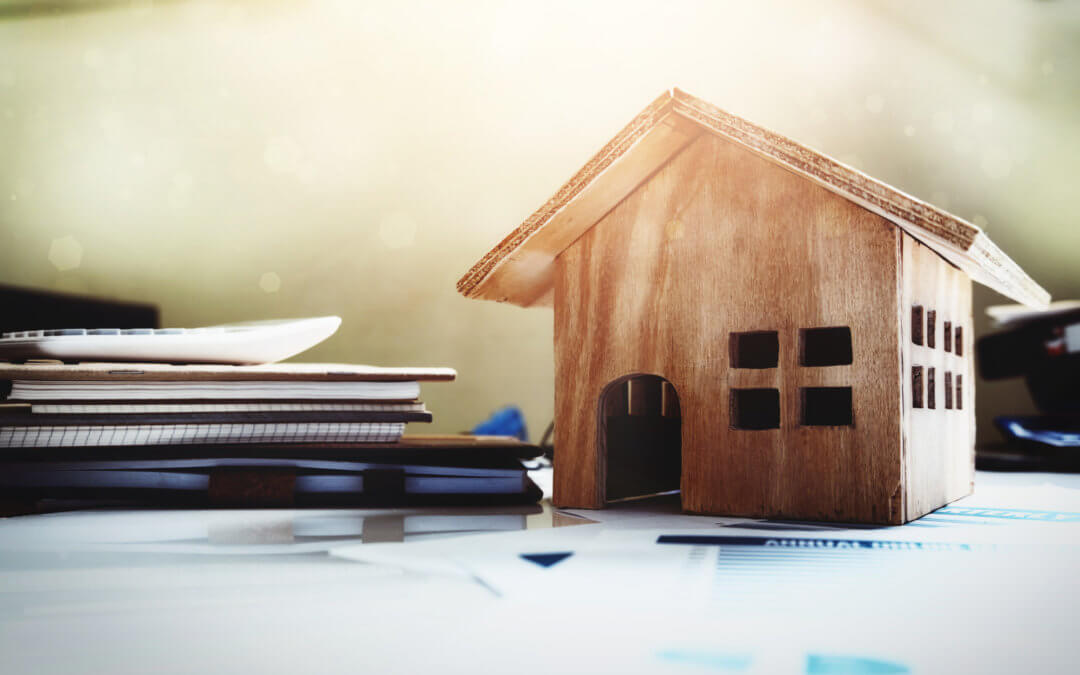The concept of legal ownership of property is fundamental in real estate, ensuring that individuals and entities have the right to buy, sell, use, or transfer real estate assets. In BC, like in many other jurisdictions, property ownership is governed by specific laws and regulations that define and protect these rights. This article explores what legal ownership of property entails in BC, the key legal principles, and the rights and responsibilities that come with property ownership in the province.
Land Title System
In BC, the land title system is used to establish and document legal ownership of real property. This system is maintained by the bc Land Title and Survey Authority of BC (LTSA). When a property is legally owned, it means that the owner's name is officially registered with the LTSA, and they have a registered interest or title in the property.
Freehold vs. Leasehold
In BC, legal ownership of property can take two primary forms: freehold and leasehold.
- Freehold Ownership: Freehold ownership is the most common form of property ownership. When you own a property in freehold, you have full and permanent ownership rights, including the land and any improvements on it, such as buildings. You can sell, lease, mortgage, or transfer your property as you see fit, within the boundaries of local zoning and land use regulations.
- Leasehold Ownership: Leasehold ownership, on the other hand, means that you own the rights to use and occupy the property but not the land itself. This type of ownership is typically associated with strata properties, where an individual or entity leases the land from a landowner for a specified period, often decades. Leasehold owners have the right to use and manage the property during the lease term, subject to lease conditions.
Legal Rights and Responsibilities of Property Owners
When you legally own property in BC, you acquire certain rights and responsibilities:
- Right to Use: Property owners have the right to use and enjoy their property within the boundaries set by local zoning and land use regulations. This includes the right to occupy, lease, sell, or develop the property.
- Right to Transfer: Property owners can transfer ownership rights to others through sale, gift, or inheritance. This transfer of ownership must be legally documented and registered with the LTSA.
- Responsibility for Taxes: Property owners are responsible for paying property taxes to the local government. Failure to do so can result in penalties or even the loss of the property.
- Maintenance and Repairs: Owners are responsible for maintaining their properties, including necessary repairs and adherence to building codes and regulations.
- Respect for Neighbors: Property owners must respect the rights and privacy of their neighbors and adhere to any applicable bylaws and regulations, such as noise restrictions.
- Compliance with Zoning and Land Use Laws: Property owners must comply with local zoning and land use regulations, which dictate how the property can be used and developed.
- Environmental Regulations: BC has strict environmental regulations, and property owners must comply with these rules to protect the environment.
Property Ownership Documentation
To establish legal ownership of property in BC, you will typically need the following documentation:
- A registered transfer of land or property title with the LTSA.
- A legally binding purchase agreement or contract of sale.
- A clear title search to ensure there are no encumbrances or liens on the property.
- Mortgage documents if the property is financed.
Conclusion
Legal ownership of property in BC is a well-regulated and structured process that provides property owners with rights and responsibilities. Whether you own a freehold or leasehold property, understanding the legal framework governing property ownership is essential. It ensures that your real estate transactions are legally sound and that you can fully enjoy the benefits of property ownership while adhering to the obligations set forth by law. If you're considering buying or selling property in BC, it's advisable to seek legal advice or consult with a real estate professional to navigate the intricacies of property ownership effectively.





Comments